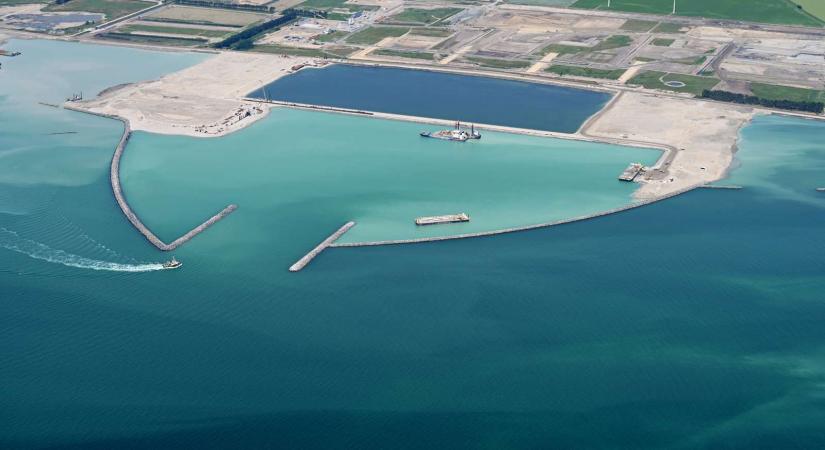
The construction of the Fehmarnbelt fixed link can become a framework for a large-scale laboratory for local stakeholders, students and researchers. The ambition is to create a residential college.
A new collaboration between the Technical University of Denmark (DTU), Roskilde University (RUC), Guldborgsund Municipality, Lolland Municipality, Business Hub Zealand, Femern Belt Development and Business Lolland Falster aims to create new opportunities for teaching, research and business during the establishment of the Fehmarnbelt fixed link.
The launch of the construction phase in 2021 has transformed Lolland-Falster into an area with numerous cases of challenges and solutions within e.g. transport, communication and sustainable construction. At the same time, the area's agriculture and business stakeholders represent a number of recently launched and upcoming development processes in relation to the green transition, green technologies and green energy supply, DTU states in a recent press release.
Residential college on Lolland-Falster
Together with the municipalities, DTU and RUC want to establish a residential college on Lolland-Falster. Here, students and researchers will be offered accommodation and study facilities for shorter or longer periods, e.g. in connection with a Masters project, PhD courses, specific courses and summer schools.
The goal is to create an environment where students collaborate with local companies, municipalities, institutions and other actors based on the real-life opportunities and challenges that the locality presents.
Knowledge, innovation and new jobs
"The Fehmarn connection is a unique technical achievement, which in scale and complexity is several times larger than the Øresund connection. It is a splendid opportunity for our students to have direct access to working with specific professional challenges that have their origins in an extensive, ongoing construction, "says Anders Bjarklev, rector at DTU.
In this manner, the Fehmarn fixed link should constitute a teaching and meeting place for researchers, advisors, companies, students and actors involved in the activities in and around the construction project.
"Together we can create knowledge and innovation and new jobs when students and researchers are present in the field and work with issues, there where they are to be found. The project has great potential for student projects, for example in business economics, communication, sustainability and cultural encounters," says rector at RUC, Hanne Leth Andersen.
Obvious synergies
In Lolland municipality, Mayor Holger Schou Rasmussen, sees good opportunities in the establishment of a residential college:
"We have a very clear ambition for the sustainable development of our municipality, while seizing the great potential that the Fehmarnbelt construction represents. I see some very obvious synergies in a residential college, and I am convinced that the project can add great value to both students, researchers and companies," he says.
Mayor of Guldborgsund municipality, John Brædder, adds:
"We have a strong tradition of trust and collaboration between educational institutions and the business community on Lolland-Falster, and there are many good examples of what can arise from the cross-section between education and the business community. We have a unique opportunity here to further strengthen the good study environment in Nykøbing, which is guaranteed to succeed in this collaboration."
A window of opportunity
Business Lolland-Falster also sees perspectives in the plans for a residential college on Lolland-Falster and the opportunity to share knowledge between local actors and universities. Chairman of the Board, Kim Rahbek Hansen, states:
"Both agriculture, business and tourism sectors on Lolland-Falster are facing a window of opportunity. We are very happy to share both our knowledge and experience with the universities in order to create new common knowledge and new common solutions that lead towards a climate-friendly and economically sustainable future."
